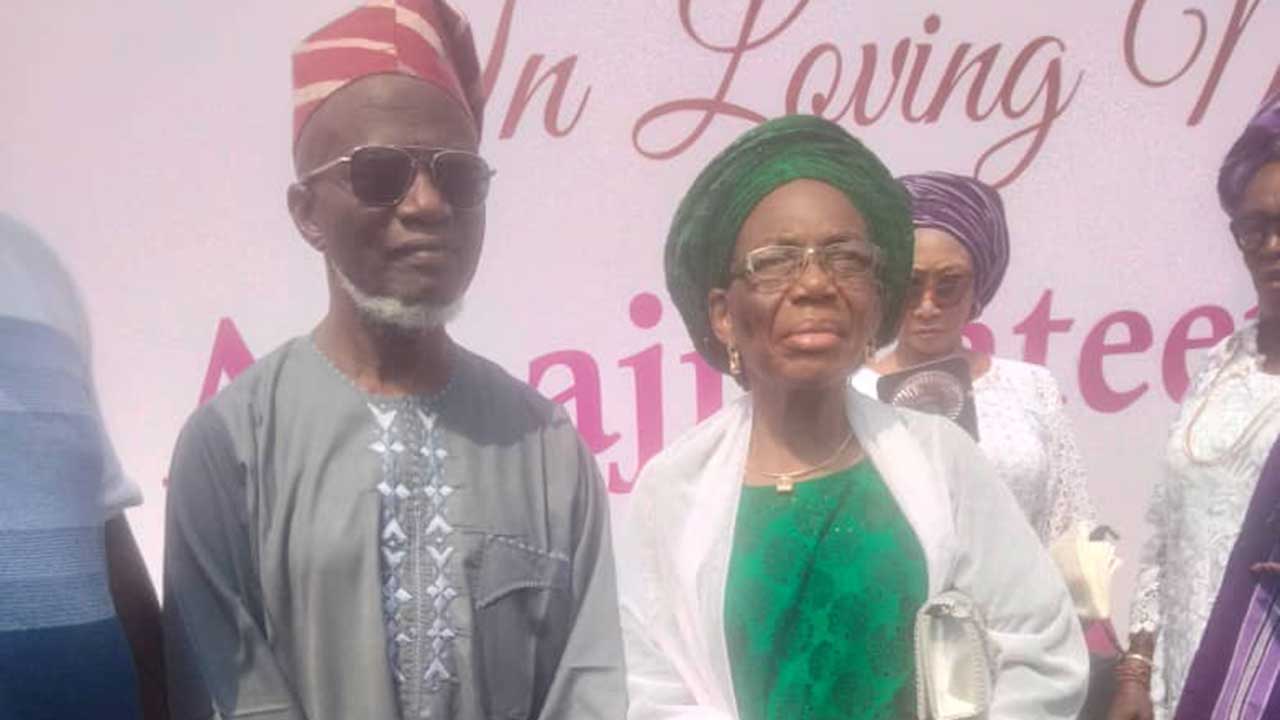
On this occasion of the fourth anniversary of the passing of LKJ, let me speak to some of his superb and imperishable leadership qualities as a former number one citizen of Lagos State. First, unlike any before him, Jakande demystified access to governors. He made himself available to any who desired to see him. He was an embodiment of humility and simplicity. He created the time to meet all and responded to their yearnings. None before after him had been so accessible in office and outside of it. Secondly, in the provision of public goods by his government, his bias was pro-poor. He was a formidable ethical voice of the downtrodden. His government met a Lagos state in which two basic necessities of modern life were in short supplies – housing and school infrastructure. Within a year of his assumption of office as the governor, UNESCO described Lagos State as the construction site of the world. Day and night, constructions of public houses and schools were on. Jakande met a school system which operated three shifts in a day – morning, afternoon and evening sessions – which school system the then Dr. Tai Solarin had described as one of quick baptism. The then Catholic Archbishop of Lagos State had then referred to the then Jakande schools as cowsheds.
Ebitu Ukiwe, the then military administrator of Lagos State had privately cautioned Jakande against his campaign promises of more classrooms and free education in primary and secondary levels. Unknown to many, Jakande had close to his chest the master plan of Lagos State, he had identified all available land spaces and their owners. He attended to government businesses with all the seriousness that governance deserves. His regime interventions in the mass construction of housing were just unbelievable. Many housing estates sprung up in Lagos.
The magnitude simply surpassed expectations. Many low income and medium income people became proud home owners. Neighbourhood schools became a commonplace. Children needn’t travel far to access public education. Under his watch, the Lagos state university was established just in case the products of Jakande schools face discrimination in term of access to varsity education. In the sphere of road construction and intracity metro line, Jakande put in his very best.
Thirdly, in his private and indeed, as an employee, LKJ was rugged as a political journalist, first in the Daily Service and in the Nigerian Tribune. In both media establishments, he worked under the harshest conditions that could be thought of. He served with dedication, loyalty and bonafide. His pen was very pungent and can be poisonous when targeted at political opponents. His editorials in the newspapers which he presided over were a must read.
Lastly, for Jakande, politics isn’t a thankless job if you serve with dedication. Let’s listen to him on this subject: ‘If you do it honestly and serve well, people will appreciate your efforts. Nothing can be better than the worldwide recognition I have received… If properly done, politics is one job that people will appreciate about you for a lifetime’ (The Champion, June 3, 1992). The military, itself, some three weeks after the December 31, 1983 coup admitted that Jakande as the governor of Lagos state was a superstar (The Punch, March 30, 1984).
Of all his contemporaries, Alh. Lateef Kayode Jakande, the first civilian governor of Lagos State had left unmatchable and imperishable leadership qualities and had this set a high pedestal that prioritised governance above politics. Just as it is the case with Tafawa Balewa, Aminu Kano, Balarabe Musa, Bola Ige, Olabisi Onabanjo and Sam Mbakwe among others, we remember them all for their services and not for their perishable material possessions. Today’s men and women of politics are advised to live for imperishable values. This is the message that must sink.






